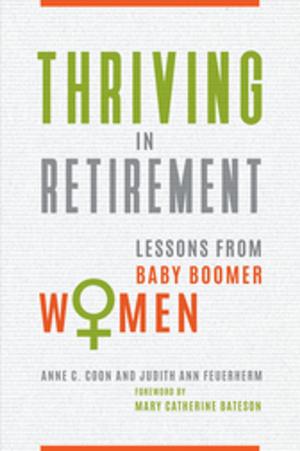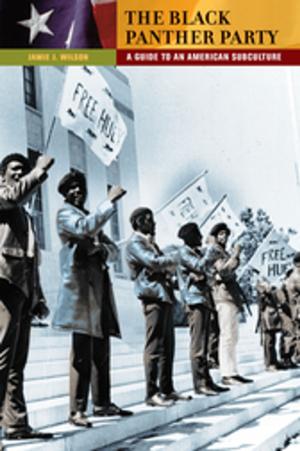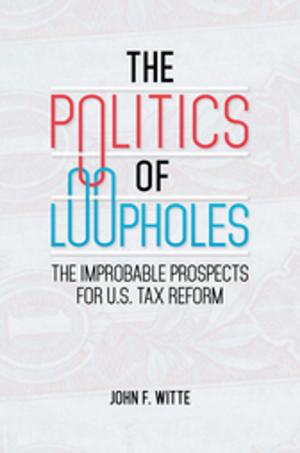How Do Hurricane Katrina's Winds Blow? Racism in 21st-Century New Orleans
Racism in 21st-Century New Orleans
Nonfiction, Social & Cultural Studies, Social Science, Discrimination & Race Relations, Cultural Studies, African-American Studies, History, Americas, United States| Author: | Liza Treadwell | ISBN: | 9781440828898 |
| Publisher: | ABC-CLIO | Publication: | March 26, 2014 |
| Imprint: | Praeger | Language: | English |
| Author: | Liza Treadwell |
| ISBN: | 9781440828898 |
| Publisher: | ABC-CLIO |
| Publication: | March 26, 2014 |
| Imprint: | Praeger |
| Language: | English |
An outstanding resource for students of African American history, government policy, sociology, and human rights, as well as readers interested in socioeconomics in the United States today, this book examines why the divisions between the areas heavily damaged by Hurricane Katrina and those left unscathed largely coincided with the color lines in New Orleans neighborhoods; and establishes how African Americans have suffered for 400 years under an oppressive system that has created a permanent underclass of second-class citizenship.
Rather than focusing on the Katrina disaster itself, the author presents significant evidence of how government policy and structure, as well as societal mores, permitted and sanctioned the dehumanization of African Americans, purposefully placing them in disaster-prone areas—particularly, those in New Orleans. The historical context is framed within the construct of Hurricane Katrina and other hurricane catastrophes in New Orleans, demonstrating that Katrina was not an anomaly. For readers unfamiliar with the ugly existence of segregation in modern-day America, this book will likely shock and outrage as it sounds a call to both citizens and government to undertake the challenges we still face as a nation.
An outstanding resource for students of African American history, government policy, sociology, and human rights, as well as readers interested in socioeconomics in the United States today, this book examines why the divisions between the areas heavily damaged by Hurricane Katrina and those left unscathed largely coincided with the color lines in New Orleans neighborhoods; and establishes how African Americans have suffered for 400 years under an oppressive system that has created a permanent underclass of second-class citizenship.
Rather than focusing on the Katrina disaster itself, the author presents significant evidence of how government policy and structure, as well as societal mores, permitted and sanctioned the dehumanization of African Americans, purposefully placing them in disaster-prone areas—particularly, those in New Orleans. The historical context is framed within the construct of Hurricane Katrina and other hurricane catastrophes in New Orleans, demonstrating that Katrina was not an anomaly. For readers unfamiliar with the ugly existence of segregation in modern-day America, this book will likely shock and outrage as it sounds a call to both citizens and government to undertake the challenges we still face as a nation.











![Cover of the book Muhammad in History, Thought, and Culture: An Encyclopedia of the Prophet of God [2 volumes] by Liza Treadwell](https://www.kuoky.com/images/2014/april/300x300/9781610691789-R8Tv_300x.jpg)



